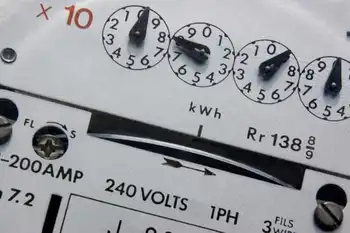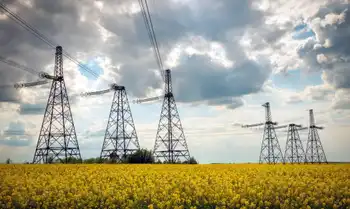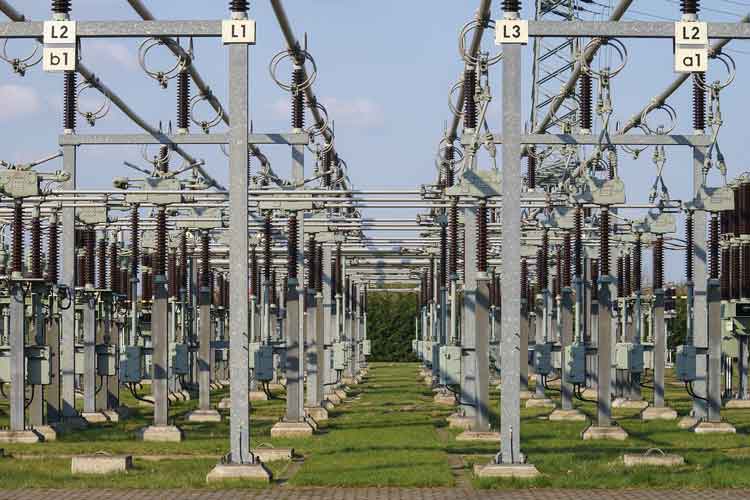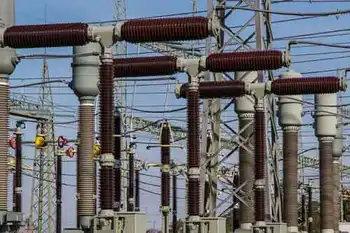B.C. power line has Alaskans buzzing
Southeast Alaska has more than 3,000 megawatts of potential electricity generation at 80-plus sites, including hydro, wind and tidal power.
But with a population of 70,000 people scattered across a 650-kilometre area, the geographically isolated southeast market is too small to absorb even a fraction of that electricity. It's not economical unless it can be exported.
The northwest line would give Alaska access, for purposes of electricity sales, to the entire western North America electricity market.
Alaska-Canada Energy Coalition spokesman Paul Southland was in contact with BC Transmission Corp., which is responsible for construction of the 287-kilovolt line, and has a face-to-face meeting with BCTC officials later this month.
"We've all been disappointed before, but I think at least British Columbia and Canada are serious about moving forward, and [we] want to be a partner with whoever we can," Southland said in a phone interview.
It's about 80 kilometres from the nearest potential hydro power site in Alaska to a probable connection with the B.C. power line, and Southland noted that the primary selling feature for the state's potential power source is that it can be delivered as "firm" electricity.
Firm electricity is the highest-value power on any electricity market because it is the most reliable and consistent type of supply, and can be used to augment intermittent green power resources such as the run of river developments now under way in B.C.
British Columbia's mining sector says the B.C. line can facilitate expansion of mining activity in the northwest, where some of the hottest mineral exploration plays — and potential new mines — in the province are situated.
The project got a boost in September when Prime Minister Stephen Harper announced in Washington, D.C., that Ottawa would contribute $130 million toward the project.
Neither BC Hydro nor BCTC had any immediate comment on the Alaskan's proposals.
Southland noted that the northwest line, at 287 kilovolts, may already be booked to capacity with B.C. green power projects, but said the coalition is hoping it will be constructed in a way that would allow the lines to be twinned in order to absorb power shipments from his state.
Bob Grimm, president and CEO of Alaska Power & Telephone, said his company is "very interested in working with anyone that's interested in building a northern intertie [bulk power transmission line] up to northeast B.C. and some sort of interconnection to Alaska because it would create a new industry that doesn't exist in southeast Alaska right now."
"We could build our portion now, but we still wouldn't get anywhere so we are really dependent on the province and Ottawa moving forward on the idea of electrifying that part of the province," he added.
Thom Fischer, president and director of Bellingham-based Tollhouse Energy, noted that Alaska is loaded with opportunities to develop new generation at costs that are more than competitive with independent power projects in B.C., averaging about 10 cents Cdn per kilowatt hour compared to 11 or 12 cents per kw/h in B.C.
"We've got this section of southeast Alaska that looks a helluva lot like northwest B.C. If we start figuring out how to work together, it's going to benefit both regions," Fischer said.
Related News

Hydro One delivery rates go up
THUNDER BAY - Hydro One seasonal customers will face bigger increases in their bills than the utility's residential customers as a result of an Ontario Energy Board approval of a rate hike.
Hydro One received permission to increase its delivery charge, retroactive to last year.
It says it needs the money to maintain and upgrade its infrastructure, much of which was installed in the 1950s.
The utility is notifying customers that new statements reflect higher delivery rates which were not charged in 2018 and the first half of this year, due to delay in receiving the OEB's permission.
The amount that customers' bills will increase by depends…





